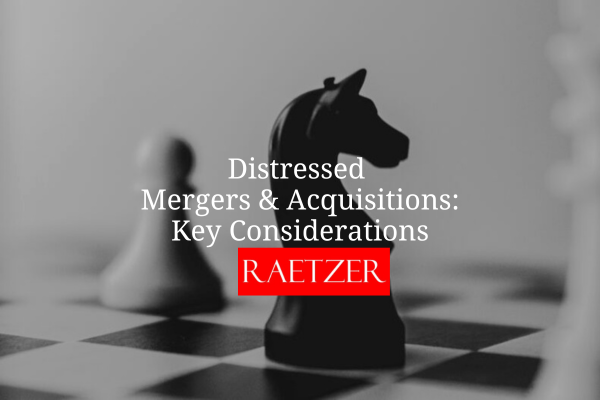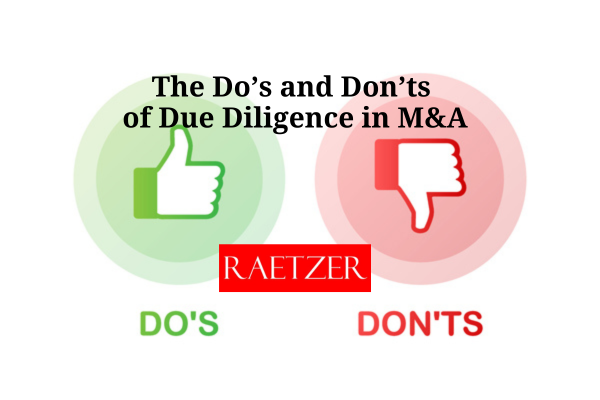Imagine you’ve signed a meticulously prepared contract after extensive due diligence and negotiations. Yet, shortly after, you find that the other party’s actions—while not explicitly breaching the contract—are obstructing your ability to benefit from the agreement. What can you do?
This is where the implied duty of good faith and fair dealing comes into play. This duty, recognized in most jurisdictions (albeit with varying scope), requires parties to act reasonably and fairly in performing and enforcing contractual obligations.
What is the Implied Duty of Good Faith and Fair Dealing?
The implied duty ensures that contracting parties do not act in ways that:
- Exploit the other party beyond what the contract explicitly allows.
- Undermine the other party’s ability to receive the agreed-upon benefits.
While it doesn’t create new rights, it imposes obligations for reasonable and fair behavior. For example, in Texas, this duty arose to address the imbalance of power in specific relationships, such as between insurers and insureds. However, Texas applies this duty narrowly, typically reserving it for contracts involving special relationships.
Factors Courts Consider in Breach of Implied Duty Claims
When addressing claims of breach, courts may look beyond the explicit terms of a contract to assess implied obligations. Here are some factors courts evaluate:
- Express Terms of the Contract
- The implied duty complements but cannot contradict the contract’s explicit terms.
- Courts may enforce implied obligations to uphold the parties’ intentions and the contract’s purpose but will not impose obligations inconsistent with the agreement.
2. Context and Circumstances
- Courts may consider how the contract was negotiated and any prior dealings between the parties.
- A history of difficult but compliant behavior by one party may weaken a claim, as the other party could have anticipated challenges.
3. Special Relationships
- In Texas, the duty of good faith and fair dealing applies only to contracts involving special relationships, such as:
- Insureds and insurers.
- Executive rights holders and non-executive mineral interest owners.
- Ordinary business transactions typically do not qualify.
4. Employment Context
- In Texas, employers are not obligated to act in good faith toward employees. The Texas Supreme Court clarified that the unique vulnerabilities present in insurance contracts don’t apply to employer-employee relationships, as employees can seek alternative employment.
5. Discretionary Power
- A breach may occur if one party uses discretionary power in an arbitrary or unreasonable way to harm the other’s contractual benefits.
6. Self-Interest
- Acting in self-interest is not inherently a breach unless it violates the agreed-upon terms or undermines the other party’s rights.
Establishing a Breach of Implied Duty
To succeed in a claim, the following must be proven:
- An existing contract between the parties.
- The plaintiff fulfilled or was excused from fulfilling their obligations.
- The defendant unreasonably interfered with the plaintiff’s contractual benefits, such as:
- Preventing performance.
- Depriving benefits through deceitful schemes.
- Exploiting the agreement in bad faith.
4. The plaintiff suffered damages due to the defendant’s actions.
Damages for Breach of Implied Duty
Damages for breach may include:
- Compensatory damages for actual losses.
- Consequential damages for secondary impacts caused by the breach.
- Liquidated damages, if specified in the contract.
- In certain cases, punitive damages for willful or malicious misconduct.
Texas’ Narrow Approach
Texas courts strictly limit the implied duty of good faith and fair dealing to special relationships. While this narrow scope may disadvantage parties in ordinary transactions, it highlights the importance of:
- Recognizing power imbalances before entering contracts.
- Exploring other legal protections for potential vulnerabilities.
- Acting in good faith to avoid disputes and litigation, especially in uncertain economic times.
Understanding the implied duty of good faith and fair dealing can protect contracting parties from unfair practices and ensure equitable outcomes. Whether negotiating new agreements or addressing issues in existing ones, consulting with legal professionals to assess rights and obligations is critical in navigating these complex dynamics.




